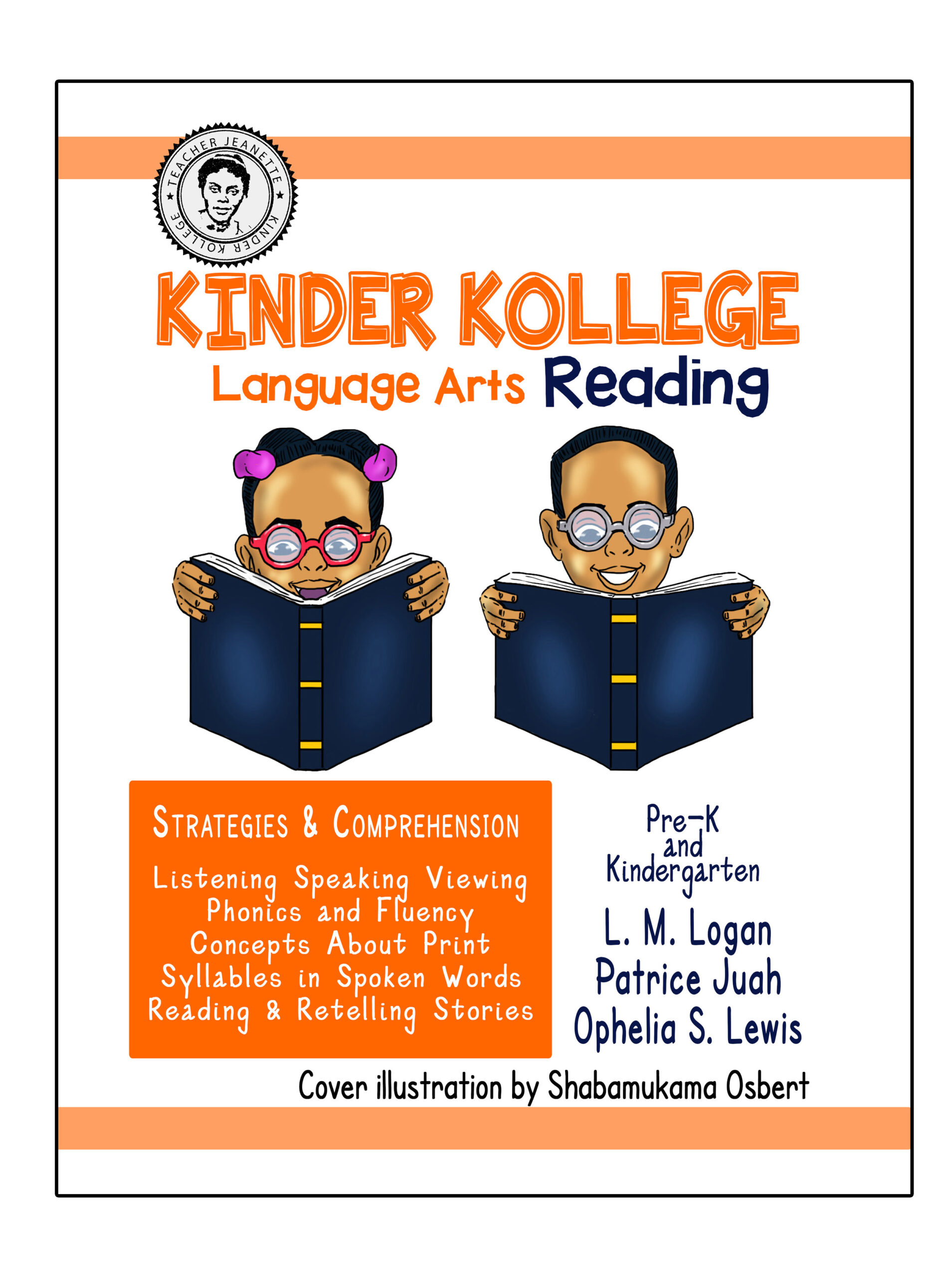
Kinder Kollege Language Arts: Reading
Author: Ophelia S. Lewis Category: Kindergarten, Language Arts Publisher: Liberia Literary Society Published: April 19, 2020 ISBN: 978-1945408298 Tags: Homeschooling | Reading | More Details
Description:
Build reading skills for reading complex text:
- Students learn Beginning and Ending sounds, develop reasoning and listening skills, and follow directions;
- Learn capitalization and punctuation, vowel pairs, adding suffixes and contractions.
There are many practice activities to build and measure students’ reading comprehension and word study skills. The student will apply his/her understanding of one- and two-vowel words, special phonics sounds, and blends to create words and finish sentences.
Back